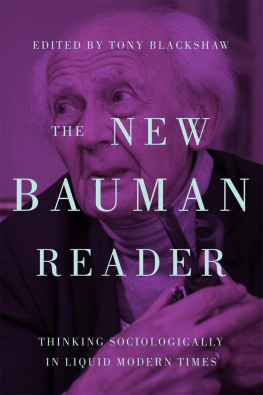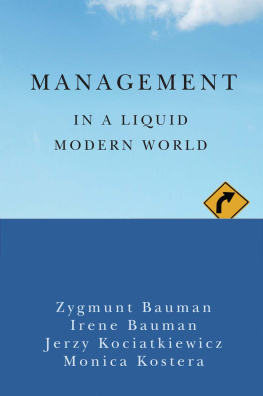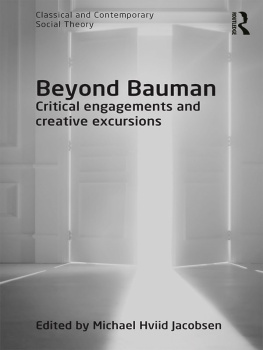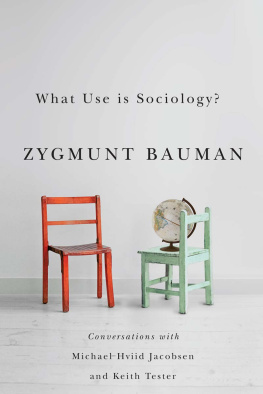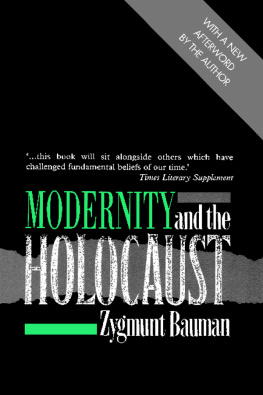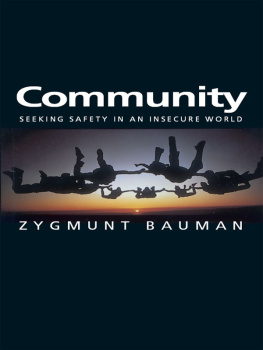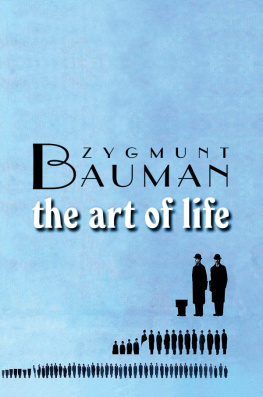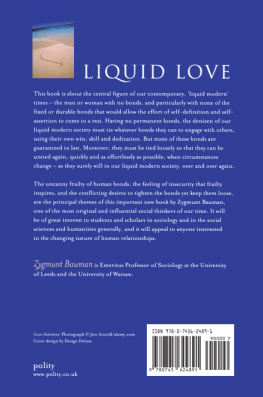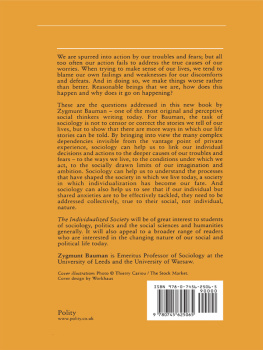Copyright Manchester University Press 2016
While copyright in the volume as a whole is vested in Manchester University Press, copyright in individual chapters belongs to their respective authors, and no chapter may be reproduced wholly or in part without the express permission in writing of both author and publisher.
Published by Manchester University Press
Altrincham Street, Manchester M1 7JA
www.manchesteruniversitypress.co.uk
British Library Cataloguing-in-Publication Data
A catalogue record for this book is available from the British Library
Library of Congress Cataloging-in-Publication Data applied for
ISBN 978 1 5261 0079 5
First published 2016
The publisher has no responsibility for the persistence or accuracy of URLs for any external or third-party internet websites referred to in this book, and does not guarantee that any content on such websites is, or will remain, accurate or appropriate.
Typeset in 10.5/12.5pt Sabon by
Servis Filmsetting Ltd, Stockport, Cheshire
Preface
Is Zygmunt Bauman among the great contemporary sociologists? I would think so. Just as no one in the twentieth century could go on doing sociology without reading Karl Marx, so no one in the twenty-first century can go on doing sociology without reading Bauman. This comparison is undoubtedly a controversial one. There are no doubt many critics who would find it bizarre that Marx and Bauman can be compared at all. After all, Marx is universally recognized as one of the founding fathers of sociology. Bauman, in contrast, is an important figure who casts one of the longest shadows in contemporary sociology, not simply because of the brilliance of the books and articles that comprise their own kind of treasure world: he is both a model a model is an exemplar for others to follow and an anti-model model an anti-model is a poor exemplar for others to follow for those for whom sociology is an empirical affair based on data collection from various sources (not only their own investigations but also those of previous studies). In Peter Beilharzs anthology Bauman is celebrated as the greatest sociologist writing in English today.
Clearly, then, not everyone would agree with my judgement. But it does pose some important questions about how we are to understand Baumans contribution to sociology. What direction does his work point to the issues confronting us in sociology today? Does it, as the two counter-readings above suggest, simply seek to undermine sociologys time-honoured theories and methods and put nothing in their place? Or does it instead pave the way to a renewed and transformed sociology? Just like the time in the nineteenth century when Marx was writing his work, the failures of capitalism exploitation, corruption, widening inequality, war and so on continue to build up, unabated. We have never been so much in need of sociology to understand the world and take care for it. But we need to upgrade sociology into one fit for twenty-first century purpose if we wish it to continue to be relevant. It is my central argument in this book that to grasp Baumans sociology is to become more perceptive, more attentive and more capable; this is because it opens up sociology and allows the twenty-first century world in. This is what Baumans sociology is really about.
As this book well illustrates, Bauman has many dialogue partners across the humanities and social sciences, but sociology is where his heart lies. He is a wisdom thinker who takes care to tell the world he is a sociologist, first and foremost, not a social philosopher. He considers sociology to be his calling, the most worthy use of human effort. He recognizes that his main talent is for thinking sociologically the term he coined in the book of the same name. First and foremost his sociological imagination tries to get to grips with the rupture of a confident, forward-looking modernity and thrust in no uncertain terms into differentiation, his own metaphorical world of liquid modernity. Had Bauman given us only this metaphor, that would have been more than enough. The astonishment is that he has given us a new kind of sociology to think with. This book is a critical introduction to what that sociology entails, on the one hand, and an anthology of Baumans work chosen with the specific aim of fortifying its readers minds to the nuances of its sensibility, on the other.
The opening chapter does three things: it brings the reader face-to-face with Baumans work, makes the case for its originality, and explains how it enables us to understand the strivings and struggles of social life in a new light. It argues that in order to appreciate Baumans originality one thing should be kept in mind: the double hermeneutic or two-way relationship through which burgeoning social life and sociology continually inform one another. What happens and is always happening in the world today parallels what happens and is always happening in liquid sociology: they are something like the same enterprise.
The core of the Reader is made up of three parts, which together make evident the impact Bauman has had on sociology. focuses its attention on modernity from Baumans perspective, identifying some of the unit-ideas of liquid sociology. The last part, entitled The Continuing Task, consists of a new chapter written by Bauman especially for this Reader. Taken together the chapters that comprise these parts not only offer the best starting point for further exploration of liquid sociology, they demonstrate that reading Bauman is essential for anyone interested in understanding the world we live in today and our place in it.
Each of the parts and each of the chapters begins with an introductory commentary. These commentaries continue with the task of explaining what gives Baumans sociology its density and, ultimately, shapes its significance, as well as pointing out specific issues pertaining to the chapters that follow. The intellectual background and the unit-ideas of each of the selected readings are introduced and explained in the introductory commentaries to the chapters.
Full bibliographical details have been given for each reading in the acknowledgements section, for those wishing to return to the original source. Conventions of referencing, spelling and capitalization have been changed for the sake of presentational consistency. In a small number of instances there were some imprecisions of referencing these have been left as they appeared in the original text.
This Reader is a re-envisioning of Baumans work. In putting together the selected readings I am also determining which Bauman the reader will encounter, and to some extent the light in which he will be understood. However, it would be remiss of me not to mention that my choice of topics has been determined by the fact not only that they are some of the ones that dominate Baumans sociology, but that his principal publisher, Polity Press, refused permission to reprint any of his work. It has to be pointed out, though, that this book is not in a sense a product of the leftovers. Zygmunt Baumans endless curiosity and enormous energy made sure of that.
In putting together the topics that do appear below, it is important to record my debt, first and foremost, to Zygmunt for his kindness and for agreeing to write a new chapter for this book; to Slawomir Czapnik for writing the chapter on liquid surveillance; to Caroline Wintersgill and Manchester University Press for agreeing to run with the idea; and to Ashgate Publishing Ltd, Continuum Publishers, Demos, Ethical Perspectives, Open University Press, Sage Publications, Soundings and Taylor & Francis Group.

